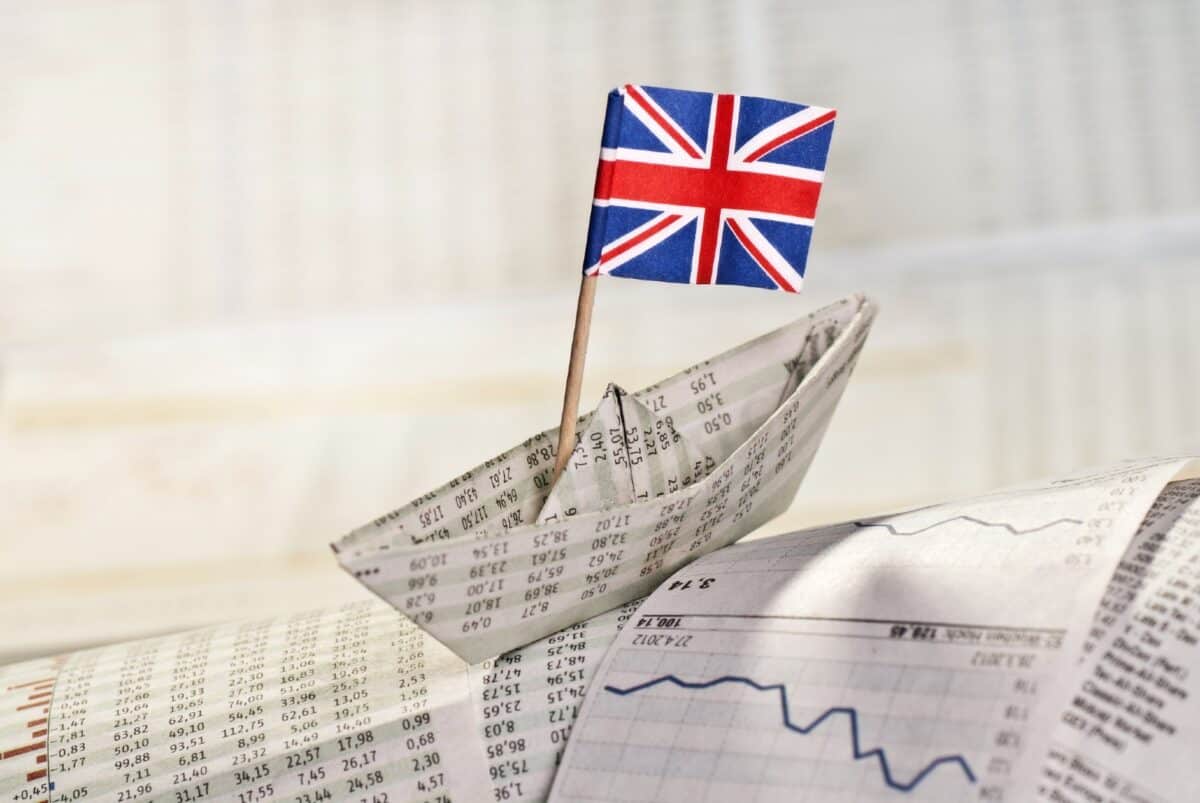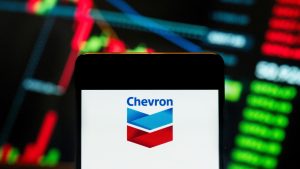2024 has been a strong year for FTSE 100. It’s up by over 7% year to date and hit an all-time high above 8,400 points a few months ago.
But not all stocks on the index have enjoyed growth this year. Some have taken a serious beating and are down by double-digit percentages.
Two Footsie mega-caps I hold and I’m concerned about are Reckitt Benckiser (LSE: RKT) and BP (LSE: BP.).
The struggling oil giant
BP is the second-largest UK-based oil and gas company after Shell. It’s been a solid dividend payer for decades but has struggled to achieve much growth since the 90s. The price has tried and failed to maintain a position above 500p since Covid.
The most recent drop in oil prices has seen it fall to its lowest level in over two years. Since the stock tends to mirror the price of oil, it also gets trapped in the cyclical nature of the commodity.
The falling price has pushed its dividend yield up from 4% to nearly 6%, making it an increasingly attractive prospect for income investors. But I’m sure most would be wary of considering it without some promise of a recovery on the horizon.
Recovery potential?
To try to counter the falling price, BP announced a $14bn share buyback programme earlier this year. The scheme is planned to run until the end of 2025. It’s currently on track to buy back $7bn worth of shares in 2024.
But the sales are yet to translate into growth, with the share price down 9.2% in the past month. The falling price means the company is now trading on a forward price-to-earnings (P/E) ratio of just 7.4. Analysts seem to have high hopes, with an average 12-month price target of £5.49 — a 37% gain.
Let’s see how that compares to Reckitt Benckiser.
An embattled FMCG giant
After crashing heavily in March, the Reckitt share price has made several failed attempts at recovery.
The potential fallout from the now infamous Enfamil lawsuit continues to plague the business. Investors remain wary as the ongoing cost of any subsequent legal challenges is difficult to calculate.
Reckitt has already been forced to put a significant amount aside to cover the costs, leaving it in a dire financial situation. It now carries £8.6bn in debt.
Recovery potential?
Lately, things are looking slightly better. The recent completion of a share buyback programme may have helped boost the share price. It climbed almost 12% in the first six weeks of H2 2024.
With earnings forecast to grow, the forward P/E ratio is 15 — down from a trailing figure of 20. That would bring it back below the industry average. Analysts are slightly less optimistic about Reckitt than BP. On average, those looking at the stock have a 12-month price target of £55, up 20% from current levels.
Overall, I think both companies have much work to do but still exhibit good recovery potential. Since my investment strategy is focused on the long-term, I see no reason to panic-sell either right now.
This post was originally published on Motley Fool




